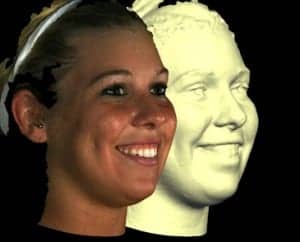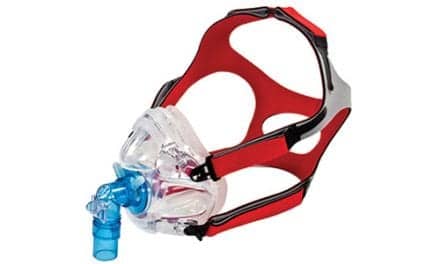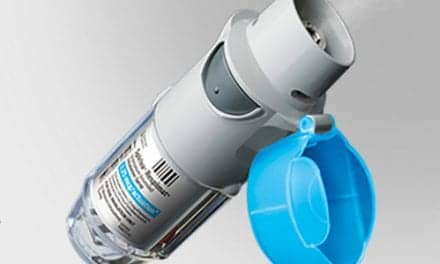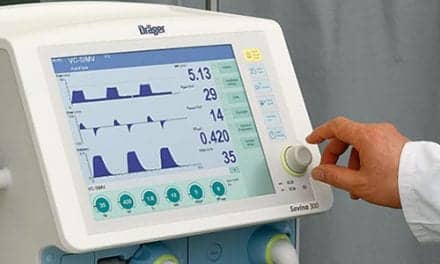The University of Michigan Health System has created a customized CPAP mask designed to improve breathing efficiency by utilizing 3D printing technology.
The masks are created by taking a 3D model of the patients face using 3D photography interfaces, such as 3dMDFace. The resulting model is then used to design the appropriate mask that will fit along the unique contours of each patient’s face. The designs were used to extrude molds on Stratasys 3D printers, which are then filled with silicon and cured to create the mask. The personalized masks were able to reduce what is referred to as interface leak, which is one of the main factors in CPAP inefficiency.
The researchers found that the custom printed CPAP masks were able to significantly improve treatment efficiency in their initial trials. Although it’s early in the research, they feel that 3D printing technology could potentially increase CPAP adherence and more effectively treat patients with craniofacial anomalies who have issues with the mask interface.










